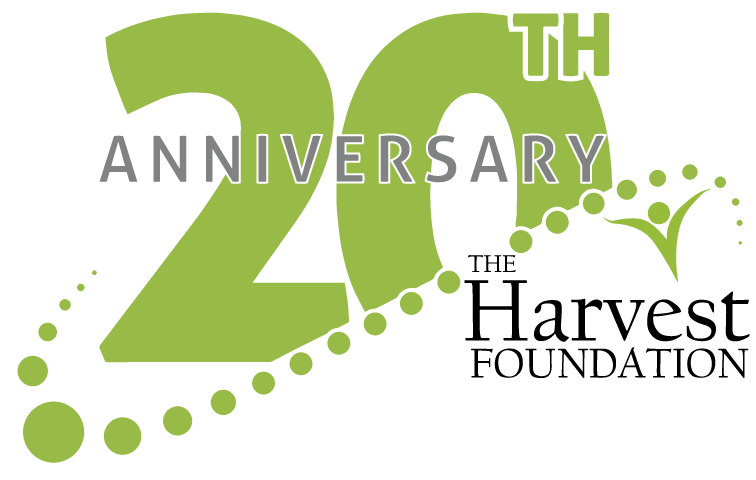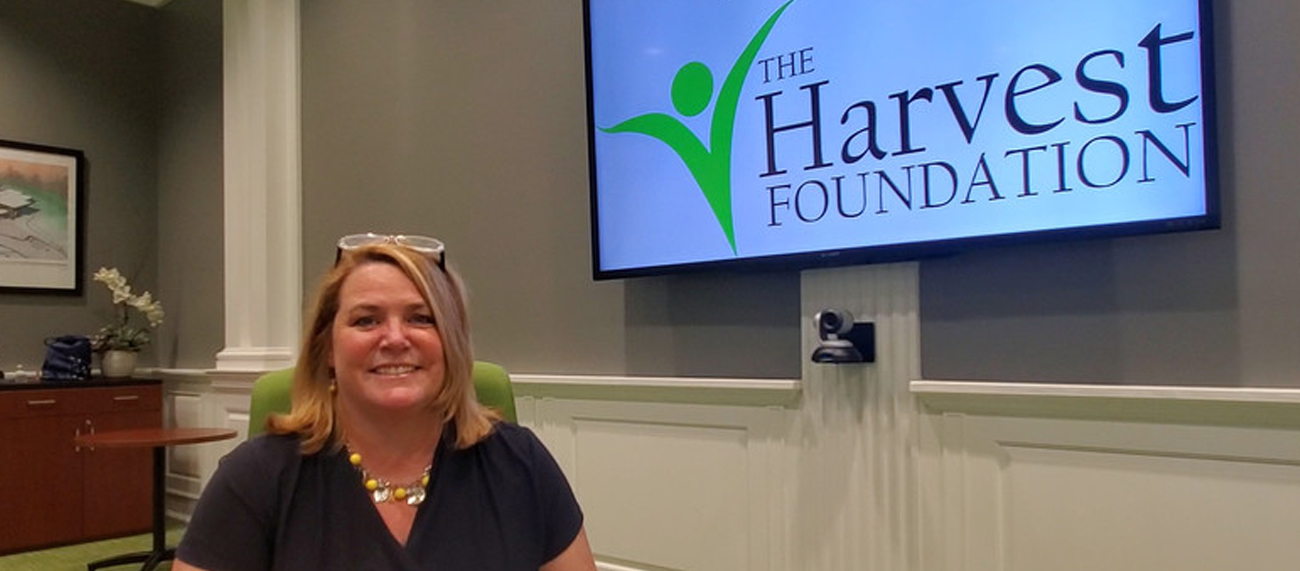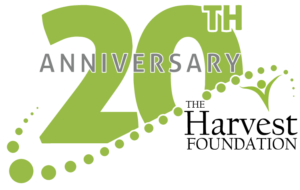Thank you to all that participated in Harvest’s Community Survey last month! We are grateful for your participation in the survey and the community’s engagement all along the journey of our next strategic plan. We thought you might like to know some of the results from the Community Survey.
We advertised our survey across multiple channels including social media, local newspapers, radio, and email newsletters. We had a total of 651 responses. We know that community surveys only reflect the opinions of those that responded, so here are a few of the demographics: 83% identified as women, 77% were white, over half were over the age of 55, and 39% of the respondents lived in Martinsville, with the next largest region being 14% from Bassett.
The survey questions came out of the six workgroups that worked with Harvest over the summer to explore key issues in our community. There were some results that confirmed thoughts of the workgroups and a few surprises. What surprises you? Below are highlights:
- 55% of the respondents face obstacles to being financially stable- for reasons such as, medical bills, low or fixed income, rent, disability
- 50% would recommend MHC for someone to relocate to and 30% are unsure if they would or not
- A third of the respondents said MHC was welcoming and a third disagreed.
- The largest perceived barrier for attracting new residents is the lack of jobs and competitive wages
- People travel out of town mostly for restaurants, shopping, and healthcare- and to be noted, many people responded that they don’t need to leave for anything.
- Highest ranked reasons to make our schools better were more funding to attract and retain quality teachers and higher quality of curriculum offerings
- Only 25% said they felt they were given an opportunity to participate in community decision making
- Over 70% felt that it is important for MHC to make space for conversations about race, inclusion and equity
- Top three identified priorities for Harvest: Better wages and benefits, more jobs and Prek-12 Education.
As I said above this is information from those that responded and does not statistically represent the views of the entire community.
This information and all of the other input gathered over the past sixth months, will help us move into the final phase of planning and develop our next five-year, community-driven strategic plan.
We look forward to continued community involvement in the development and implementation of the strategies that will help keep MHC moving forward as a place where all can live and thrive.



